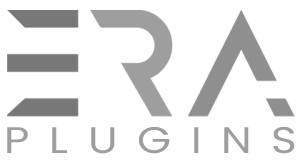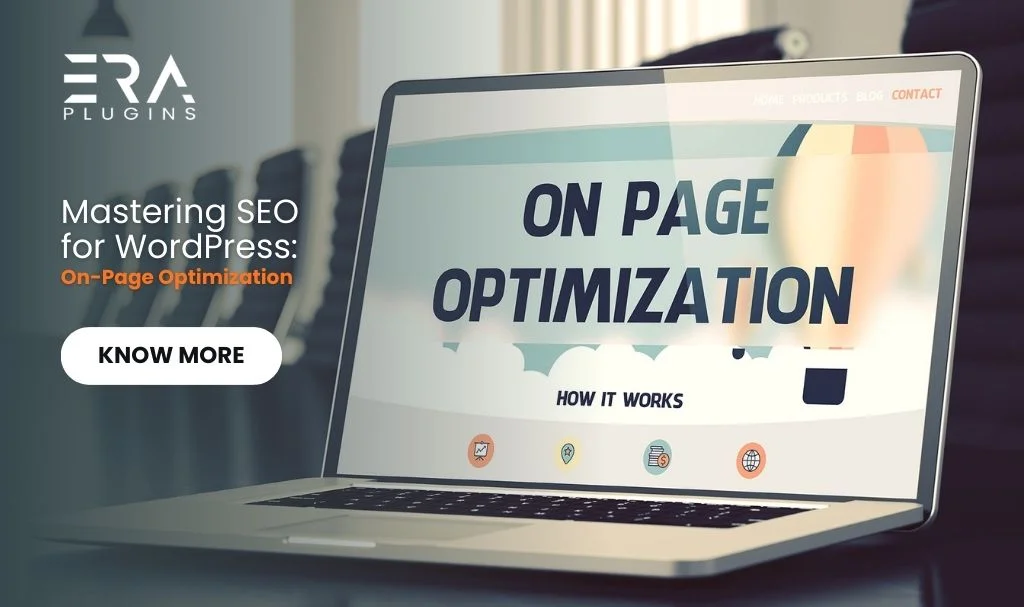Search Engine Optimization (SEO) is essential for driving organic traffic to your WordPress website. Here’s how to optimize your content for better search engine rankings:
- Keyword Research: Identify relevant keywords that your target audience is likely to search for. Use tools like Google Keyword Planner or Ubersuggest.
- Optimize Titles: Include your primary keyword in the title of your blog post. Make it descriptive and engaging to entice clicks.
- Meta Descriptions: Write a compelling meta description that summarizes your content and encourages users to click through.
- Permalink Structure: Create user-friendly permalinks that include your target keyword. Avoid using long, complex URLs.
- Header Tags: Use header tags (H1, H2, H3, etc.) to structure your content. Place your main keyword in at least one header tag.
- Keyword Placement: Naturally incorporate your primary and secondary keywords throughout the content. Don’t overstuff; prioritize readability.
- Image Optimization: Use descriptive file names for images and add alt text that includes relevant keywords. This improves accessibility and SEO.
- Internal and External Links: Link to other relevant posts or pages within your website (internal links) and to authoritative external sources (external links).
- Quality Content: Google values high-quality, informative content. Ensure your posts provide valuable insights to users.
- Readability: Write in a clear, concise manner that’s easy for both humans and search engines to understand.
- Mobile Responsiveness: Ensure your website is mobile-friendly, as Google considers mobile compatibility in its rankings.
- Page Loading Speed: Optimize images, use caching plugins, and choose a reliable hosting provider to improve page loading times.
- Schema Markup: Implement schema markup to provide search engines with additional context about your content.
- Social Sharing: Add social sharing buttons to encourage readers to share your content, which can indirectly impact SEO.
- Avoid Duplicate Content: Create unique content for each page. Duplicate content can negatively affect your rankings.
- Regular Updates: Keep your content updated and relevant. Google favors fresh and current information.
- User Experience: Prioritize user experience with a clear layout, easy navigation, and fast loading times.
- Google Search Console: Monitor your site’s performance using Google Search Console. It provides insights into search visibility and potential issues.
Remember that SEO is an ongoing process. Regularly monitor your rankings, track changes, and adjust your optimization strategies accordingly.





